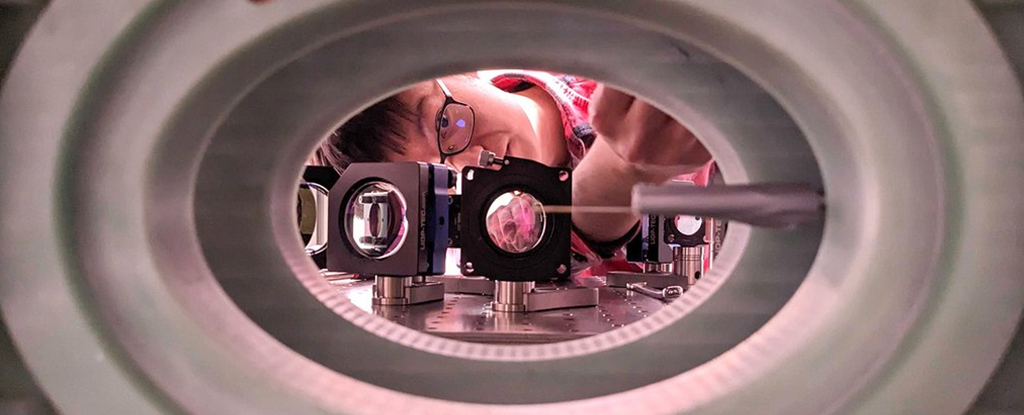
Another major quantum computing record has been broken: physicists have now built an array containing 6,100 qubits, the largest of its type and way above the thousand or so qubits previous systems contained.
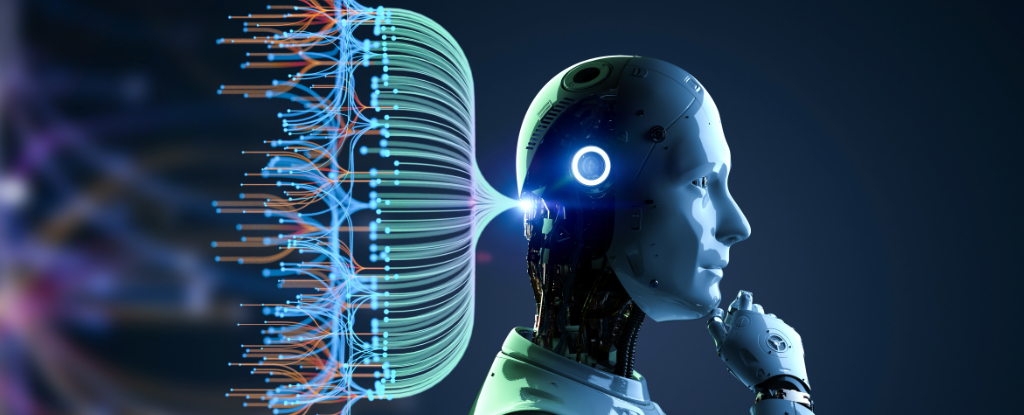
We are entering the third phase of generative AI. First came the chatbots, followed by the assistants. Now we are beginning to see agents.

The world's first commercial hybrid of silicon circuitry and human brain cells will soon be available for rent.
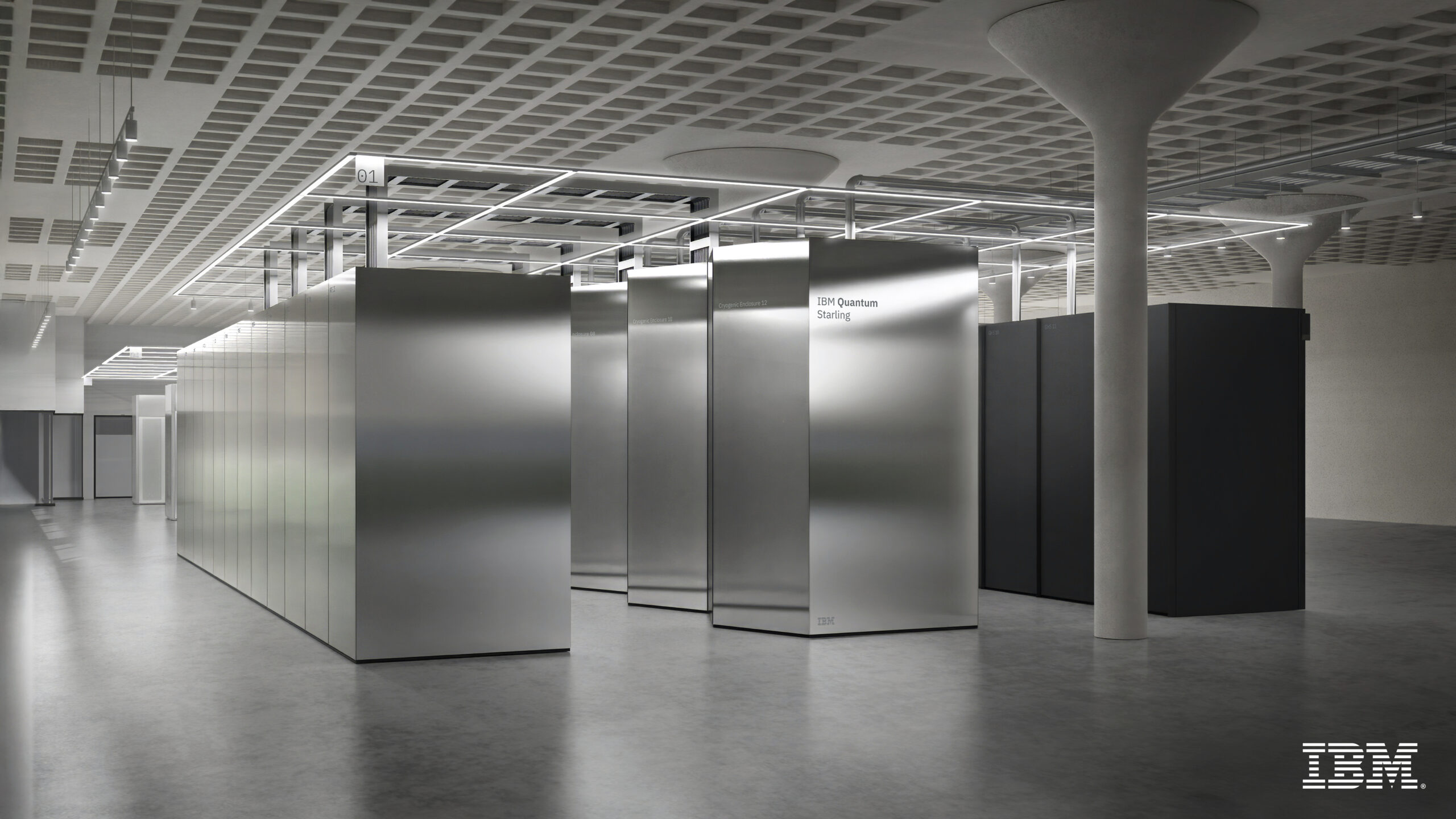
IBM released its plans for building a system that should push quantum computing into entirely new territory: a system that can both perform useful calculations while catching and fixing errors.

Brain-inspired computers could boost AI efficiency—a tantalizing prospect as the industry's energy bills mount.
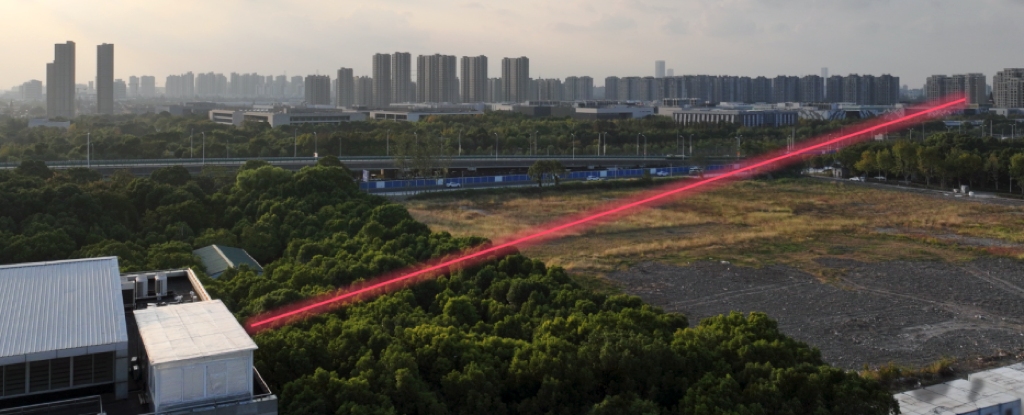
A new device recently demoed by researchers was able to scan tiny individual characters of text from a distance of 1.36 kilometers.

A new study says AI agents can create shared language conventions. Learning how this happens could help us better manage agents in the real world.

The technology may one day be used to create cyborg micro-robots that perform biomedical functions via sensors or other electronics printed directly onto their bodies.

In a world first, Japanese researchers flew a lightning-proof drone in a thunderstorm, using it to induce and direct natural lightning strikes. The team is now working on how this flying lightning rod might capture lightning energy.

Four large language models (LLMs) were put through the Turing test. One model – OpenAI's GPT-4.5 – was deemed indistinguishable from a human more than 70% of the time.
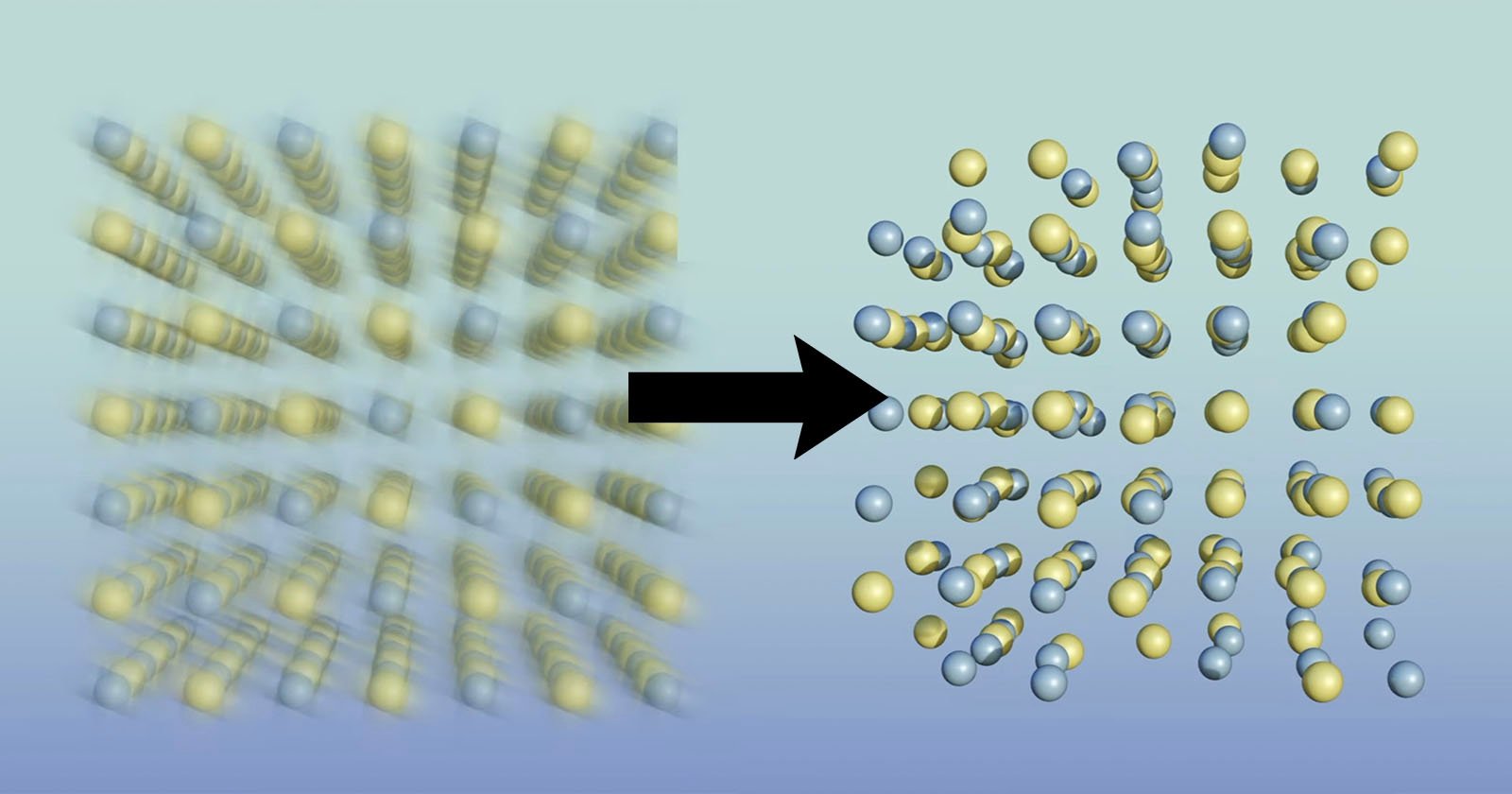
Researchers have created a new camera that features a shutter speed so fast, it can see atomic structures without blur.

Taiwanese semiconductor leader TSMC has unveiled the world's most advanced microchip: the 2-nanometre (2nm) chip.

A team of international researchers has used the unpredictable nature of quantum mechanics to create a device capable of generating truly random numbers.

Biohybrid robots work by combining biological components like muscles, plant material, and even fungi with non-biological materials.

A New South Wales man with heart failure lived with the artificial heart for over 100 days while waiting to be matched with a heart donor.